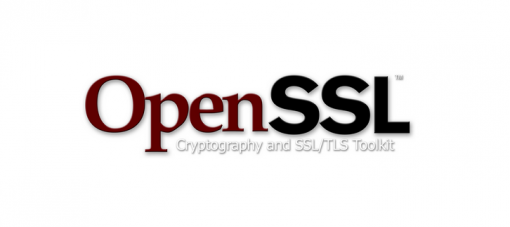OpenSSL fixes Alternative chains authentication

OpenSSL Base fixed an important difficulty of which impacts any kind of program of which employs the widely accepted crypto collection inside authentication operations.
This weakness in the OpenSSL crypto selection ended up being identified through Adam Langley along with Mark Benjamin associated with Yahoo and google BoringSSL of which reported it to OpenSSL with August twenty-four after which it offered a spot to cope with the situation.
This stability downside influences OpenSSL designs 1. 0. 1n, 1. 0. 2b, 1. 0. 2c, along with 1. 0. 10.
This excessive severeness weakness influences OpenSSL designs 1. 0. 1n along with 1. 0. 2b, this can be a resolving a certification forgery matter (CVE-2015-1793) and exploitation can opponents running man-in-the-middle episodes. This opponents can exploit the actual downside to impersonate internet websites putting into action HTTPs, or work MITM episodes with VPNs along with eavesdrop encrypted site visitors.
The OpenSSL Foundation urges:OpenSSL 1.0.2b/1.0.2c users should upgrade to 1.0.2d
OpenSSL 1.0.1n/1.0.1o users should upgrade to 1.0.1p